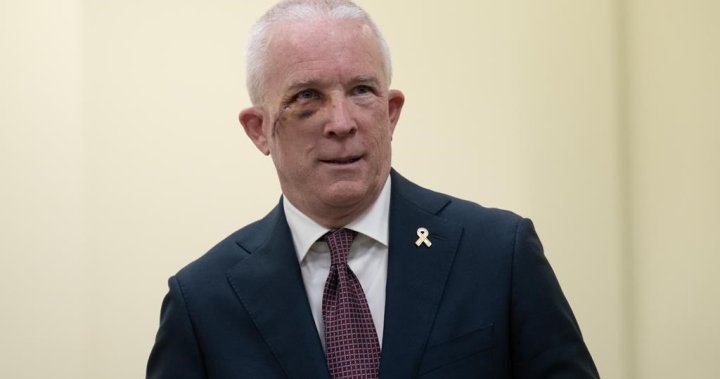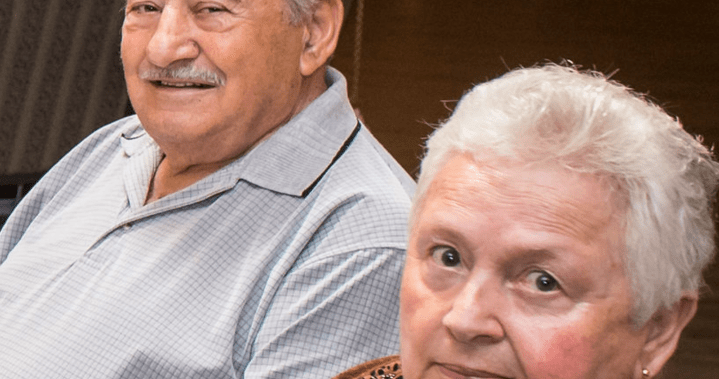The ombudsman for the Canadian Armed Forces and the Department of National Defence says it’s not appropriate that his office is overseen by the same organization it is tasked with overseeing.
Reporting to the federal defence minister, rather than directly to Parliament, creates an obvious conflict of interest, Gregory Lick told the House of Commons defence committee Monday.
Being accountable solely to Parliament would give the office the ability to “escalate issues beyond the minister or the government in power at the time,” he said.
“I can use the media, absolutely. I can talk to all different political parties,” Lick said. “But is that really how ministerial accountability should work? I don’t believe so.”
The ombudsman is independent of the military’s chain of command and is tasked with studying and reporting on the programs and resources provided by the military and the Defence Department. It’s a resource for current and former Armed Forces members, their families, and people who have worked for the department.
Lick told the committee “it makes no sense” that Canada doesn’t have legislated independent military oversight like the rest of its Five Eyes allies.
Breaking news from Canada and around the world
sent to your email, as it happens.
Such legislation would also ensure the ombud and the office’s staff cannot be compelled to give information to a military board of inquiry or in court, for example.
“I will fight back if I’m asked to do that, and I will fight it in court if I need to, but really that should be protected in legislation to protect the confidentiality of the services we provide to our constituents,” he said.
Lick said the most problematic issue for his office is that the Defence Department has inappropriate oversight of its human resources processes, meaning the office cannot make hiring decisions independently.
The government often takes a long time to respond to his office, he said. One recent report on the mental health of military reservists deployed to natural disasters has been awaiting a response for five months.
That report said the military is underestimating the toll of domestic emergency deployments on its members, and in some cases the Armed Forces is skipping pre-deployment screenings for reservists.
It calls for a slate of changes to be made by the fall of 2025, including formalizing post-deployment check-ins and strengthening the oversight of mental health screenings.
Lick said legislation would help to ensure there are mandated response times for the department.
He called for such changes to be made in a 2021 position paper and provided the committee with draft legislation to make the ombudsman’s office independent.
NDP MP Lindsay Mathyssen introduced a private member’s bill in November that would do just that. The bill has not been debated in the House of Commons.
Defence Minister Bill Blair told the committee on Feb. 12 that a separate bill he intends to introduce “in the next couple of weeks” to amend the National Defence Act will not include such changes.
© 2024 The Canadian Press




